AeroGenie — Your Intelligent Copilot.
Trending
Categories
Delta Air Lines Makes First Sustainable Aviation Fuel Delivery at Portland Airport
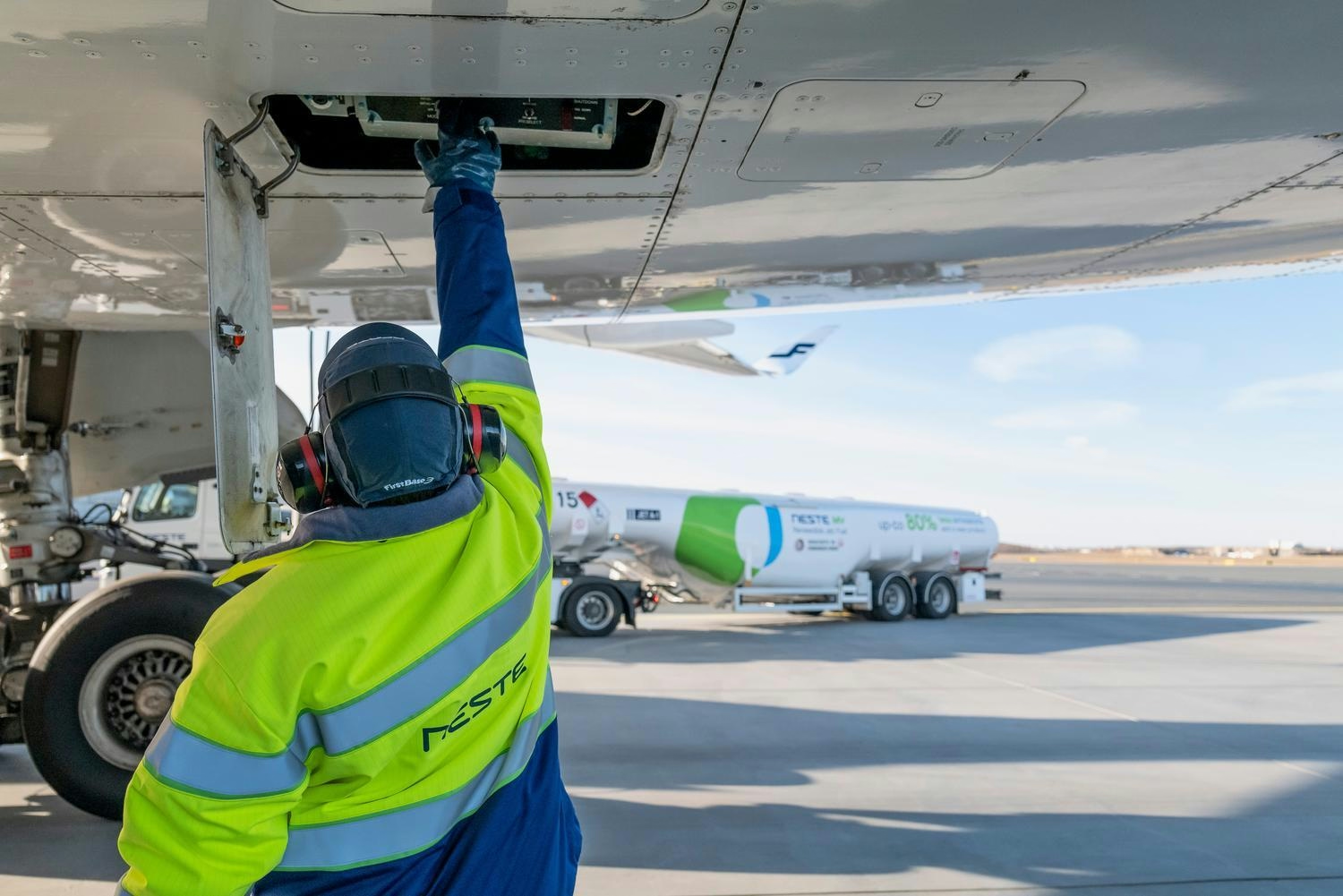
Delta Air Lines Advances Sustainable Aviation Fuel Use with First Delivery at Portland Airport
Delta Air Lines has marked a significant milestone in its environmental strategy by completing its first commercial-scale delivery of Sustainable Aviation Fuel (SAF) to Portland International Airport (PDX). This achievement highlights the airline’s ongoing commitment to reducing the carbon footprint of air travel and promoting cleaner fuel alternatives. The delivery was executed in collaboration with Shell and the Port of Portland, underscoring a collective effort to advance sustainability within the aviation sector.
Pioneering Sustainable Fuel Integration at Portland International Airport
The delivery involved over 400,000 gallons of blended SAF, produced from waste-derived feedstock and supplied by Shell. This SAF was carefully blended with conventional jet fuel at the Zenith Terminal in Portland to comply with regulatory standards before being transported to PDX through a combination of barge, truck, and pipeline. The integration of SAF into the airport’s existing fuel infrastructure represents a critical step in normalizing the use of sustainable fuels in commercial aviation.
Delta’s initiative at PDX forms part of a broader strategy aimed at increasing SAF availability at key U.S. airports, supporting the aviation industry’s transition toward more sustainable operations. Sustainable Aviation Fuel offers the potential to reduce lifecycle carbon emissions by more than 80 percent compared to traditional jet fuel, positioning it as a vital component in efforts to mitigate climate change.
Overcoming Challenges and Driving Industry Collaboration
Charlotte Lollar, Delta’s Director of Sustainable Aviation Fuel, emphasized the importance of collaboration among airlines, fuel suppliers, and airport authorities to scale SAF adoption. The partnership with Shell and the Port of Portland demonstrates the practical viability of SAF and sets a precedent for wider industry uptake.
Despite the progress, significant challenges remain. The cost of SAF remains substantially higher than that of conventional jet fuel, and logistical complexities in sourcing, blending, and distributing the fuel continue to pose obstacles. Additionally, stringent regulatory requirements must be met to ensure safety and environmental compliance. Nevertheless, the successful delivery at PDX illustrates how coordinated efforts can overcome these barriers and foster meaningful environmental progress.
Dan Pippenger, Chief Aviation Officer at the Port of Portland, highlighted the broader benefits of the initiative, noting that it not only enhances airport operations but also contributes to improved local air quality and reduced greenhouse gas emissions. This positions Portland International Airport as a leader in sustainable aviation practices, with positive implications for the surrounding community.
Expanding Market Demand and Industry Momentum
The market for Sustainable Aviation Fuel is experiencing rapid growth, with projections indicating a doubling in demand by 2032 as the aviation industry intensifies its focus on greener alternatives. Delta’s SAF program has received favorable responses from environmental organizations and sustainability-conscious travelers, while also encouraging competitors to accelerate their own SAF initiatives to maintain market relevance.
Delta has previously secured SAF deliveries at other major hubs, including Minneapolis-St. Paul (MSP) and Detroit (DTW), reinforcing its commitment to expanding the use of sustainable fuels across its network. These efforts align with broader industry and governmental initiatives advocating for increased SAF production and the establishment of federal incentives to support its adoption.
As Delta continues to scale its SAF initiatives, the airline is setting new benchmarks for sustainability in aviation, illustrating both the opportunities and challenges inherent in transitioning to cleaner fuel sources.

The Engine Behind Boeing’s Latest Widebody Aircraft
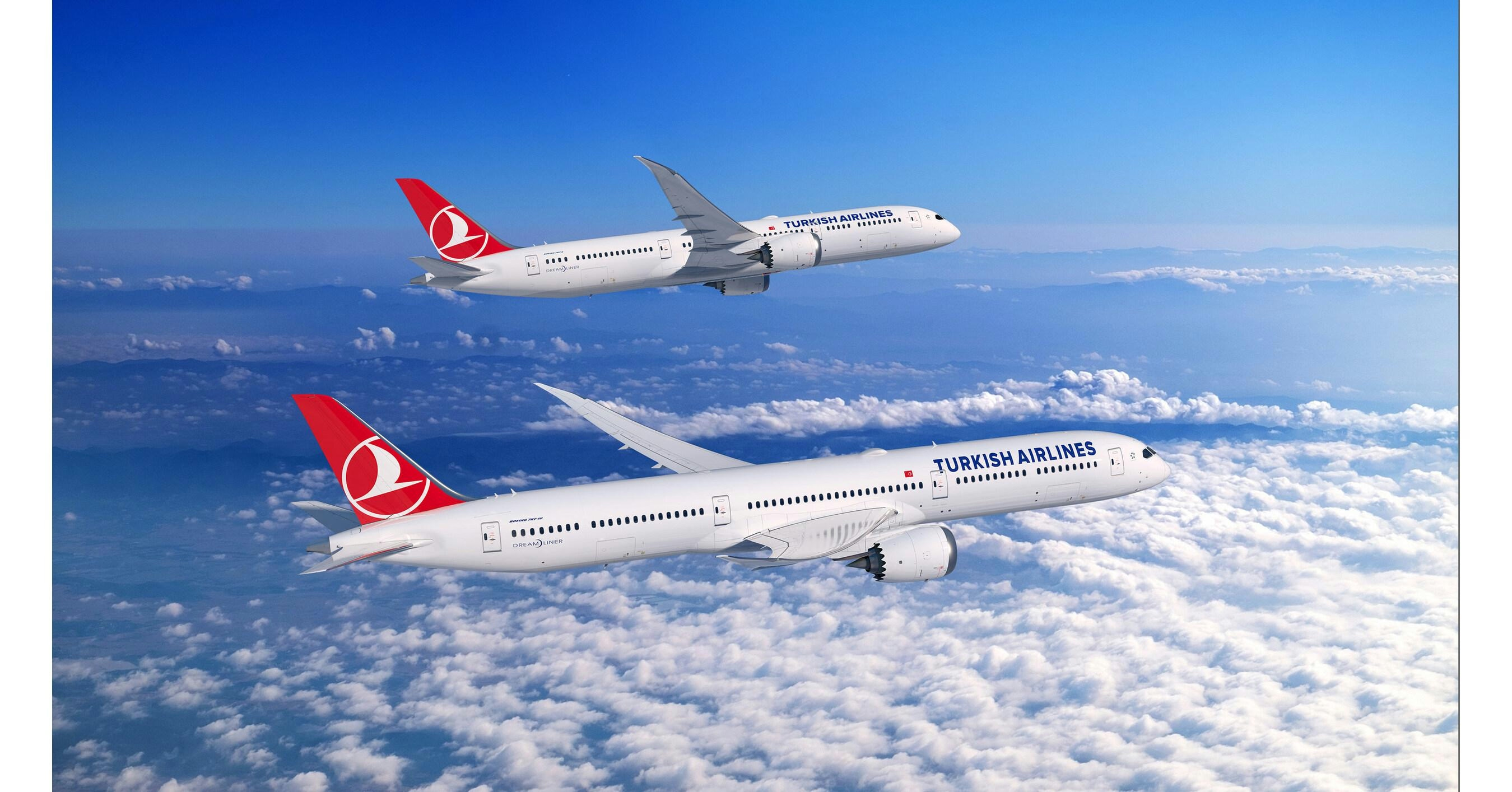
Boeing’s Widebody Jet Sales Surge Signals Shift in Global Air Travel
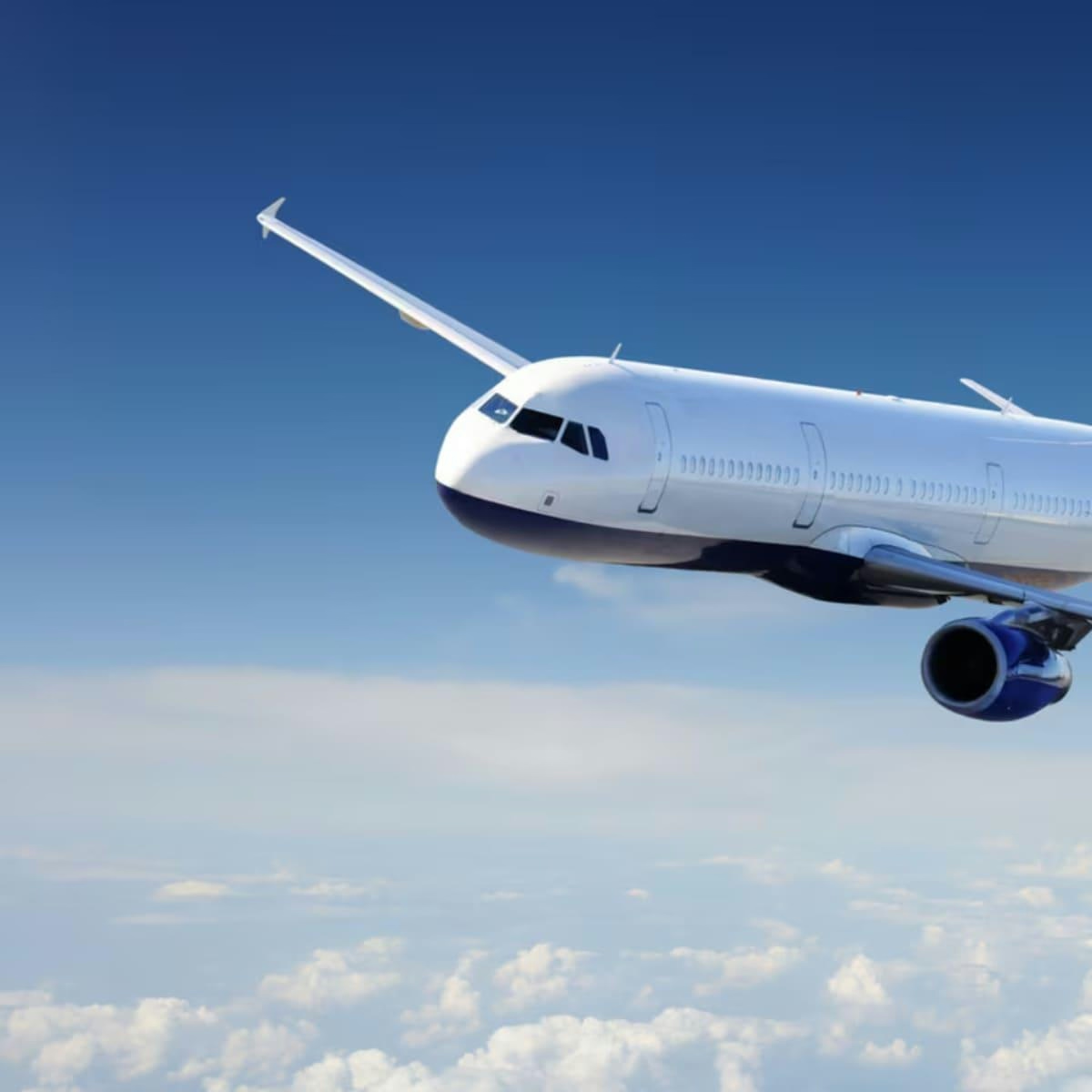
French Aircraft Design Claims to Reduce Energy Consumption by Elevenfold
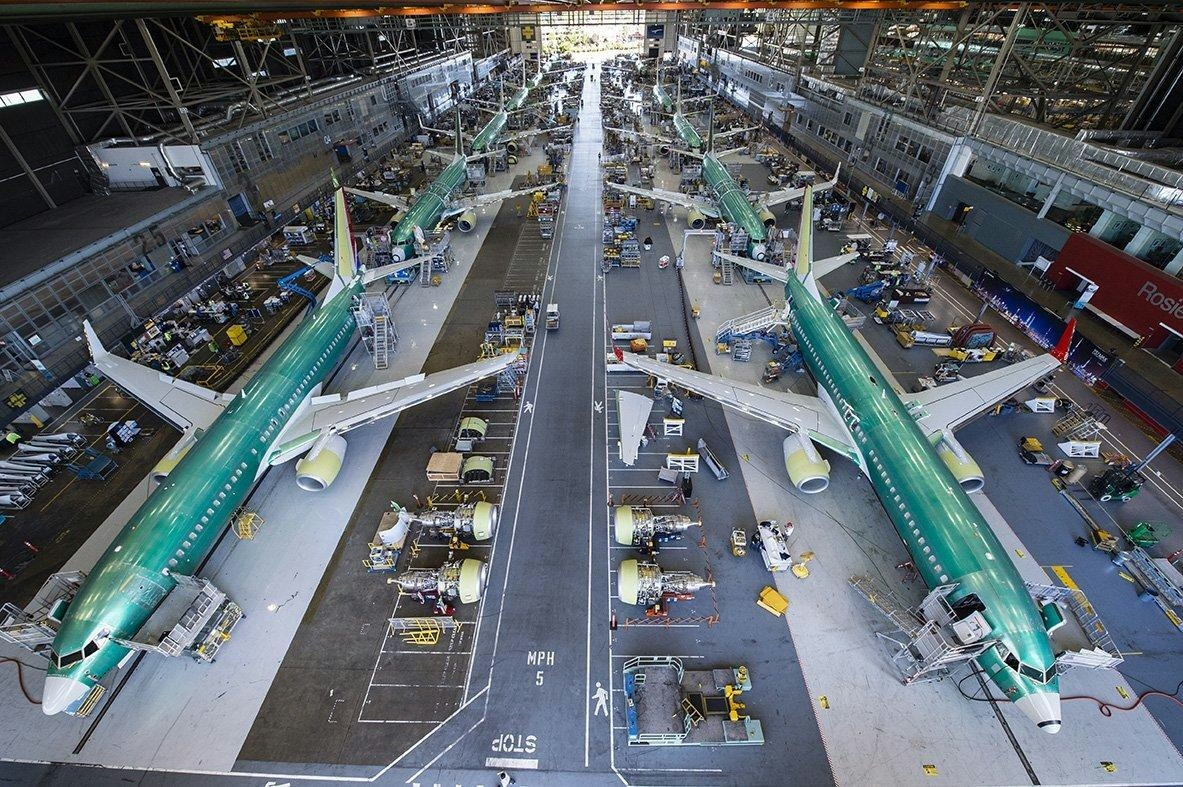
Boeing Surpasses Airbus Orders in 2025 as Deliveries Total 600
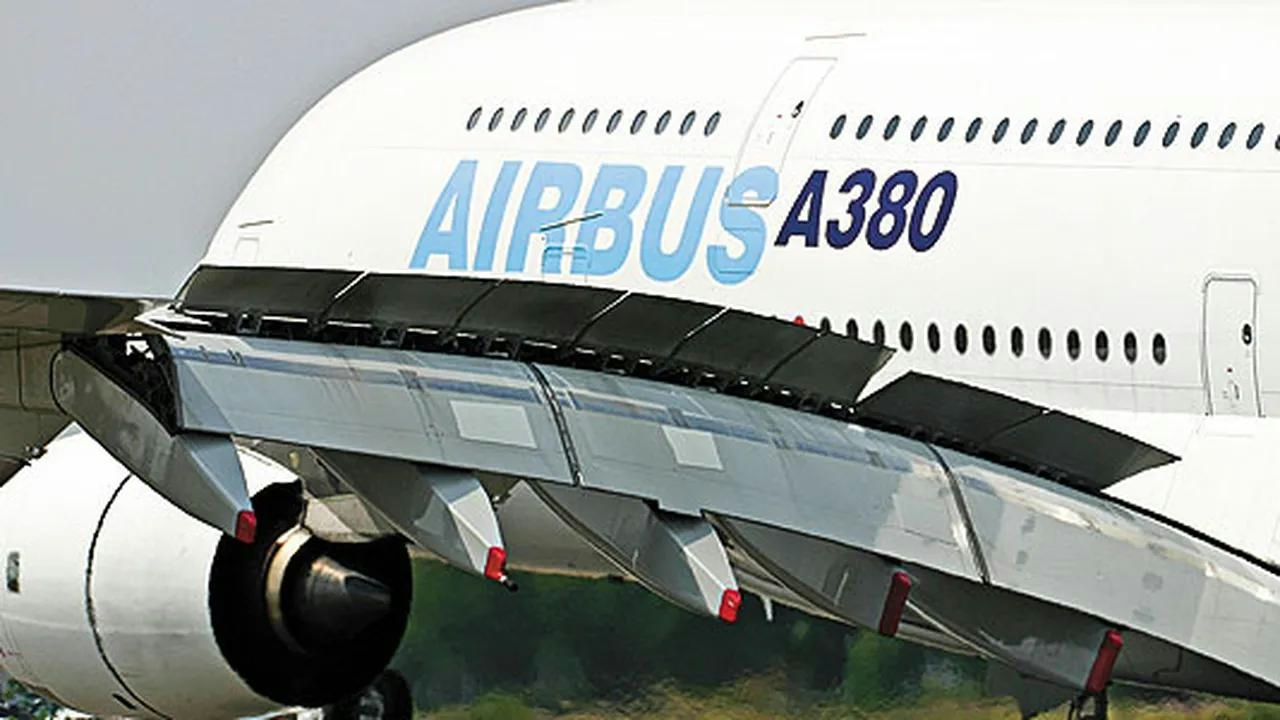
Why the Airbus A380 Uses Two Different Engine Types

'Miracle on the Hudson' Survivor Advocates for Increased American Airlines Staffing
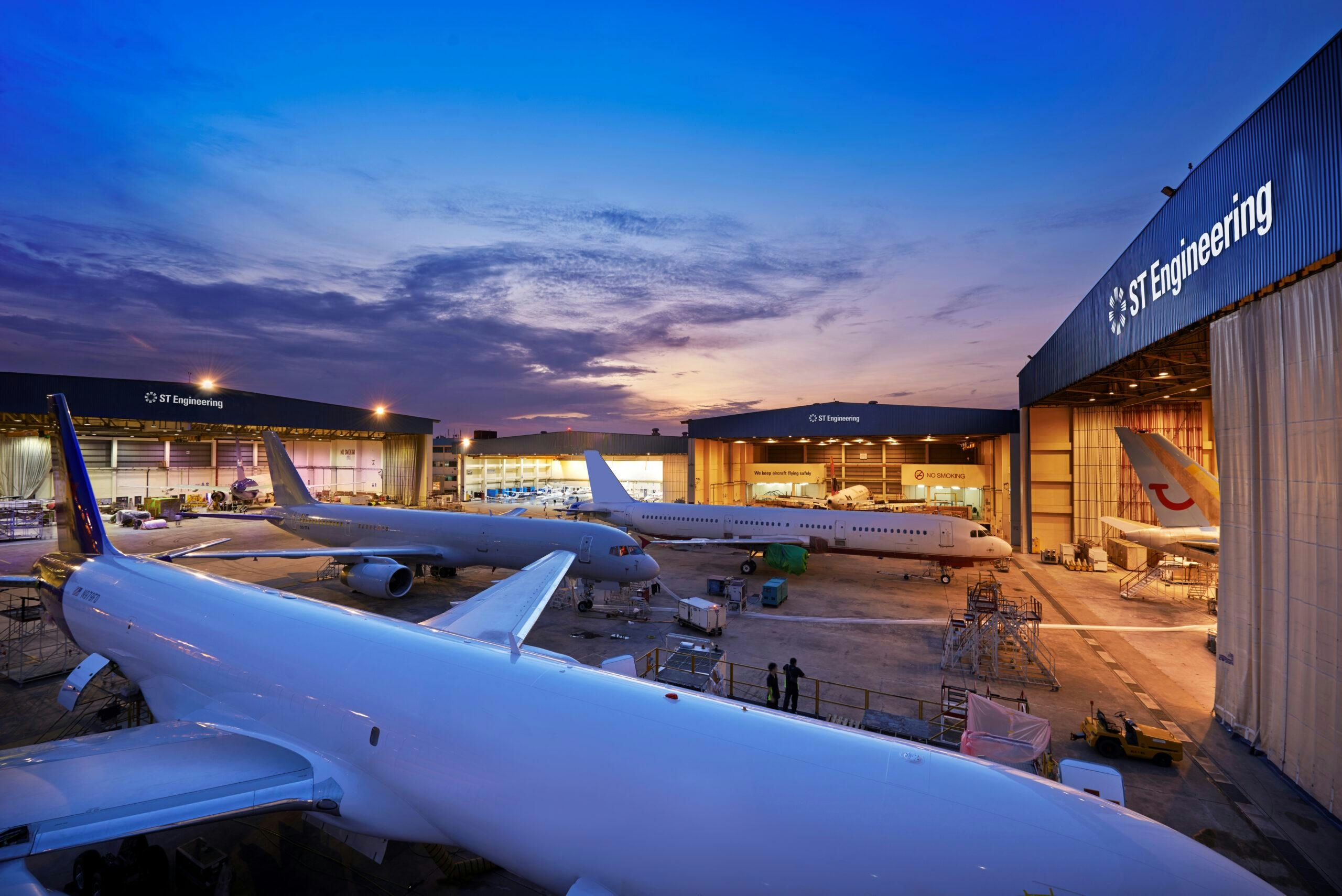
GAF 2025 Highlights Innovations and Investments Shaping the Future of Aviation

Wings India 2026: Advancing the Future of Aviation
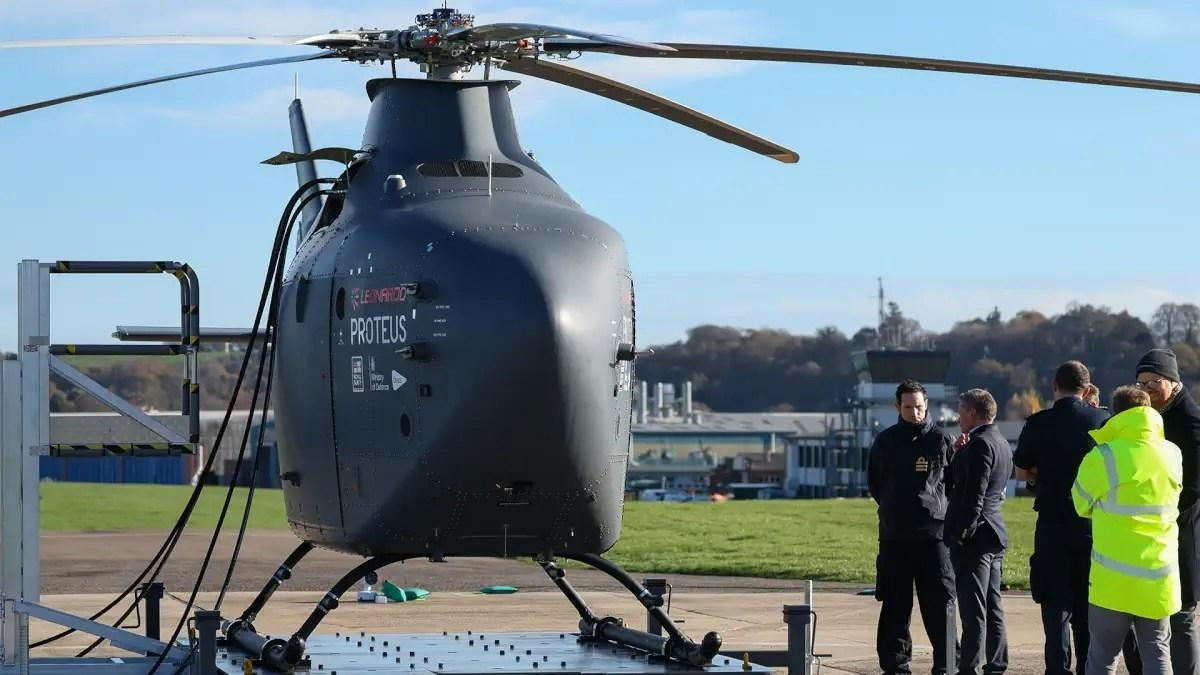
Cornwall Unveils the Leonardo Proteus Uncrewed Helicopter
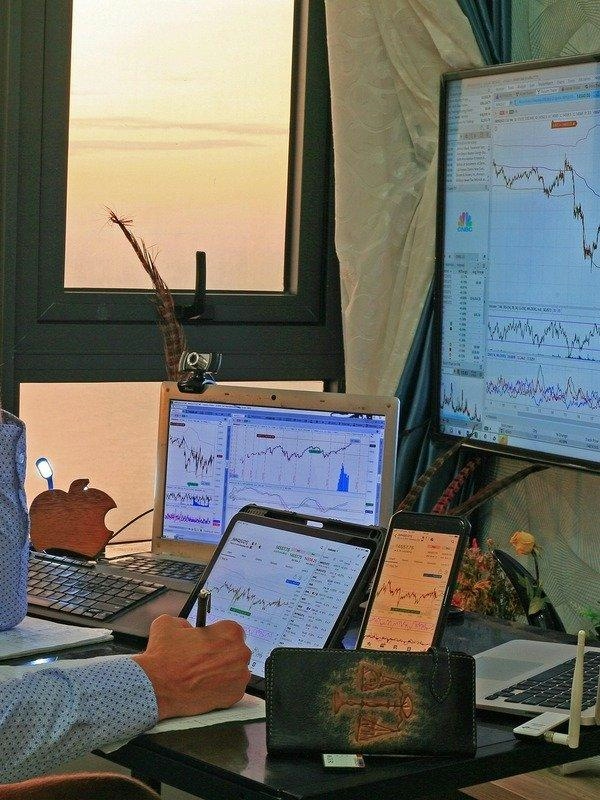
FTAI Aviation Ltd. Faces Decline Amid Market Challenges
